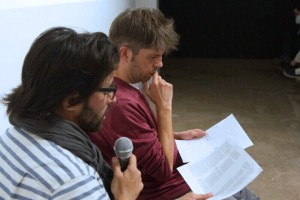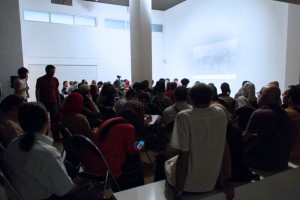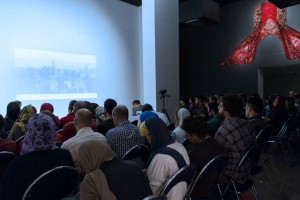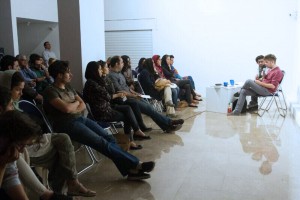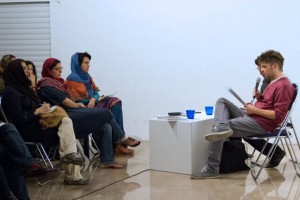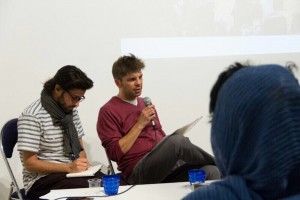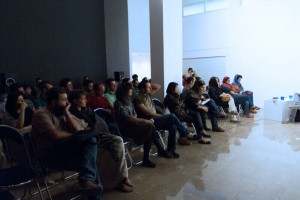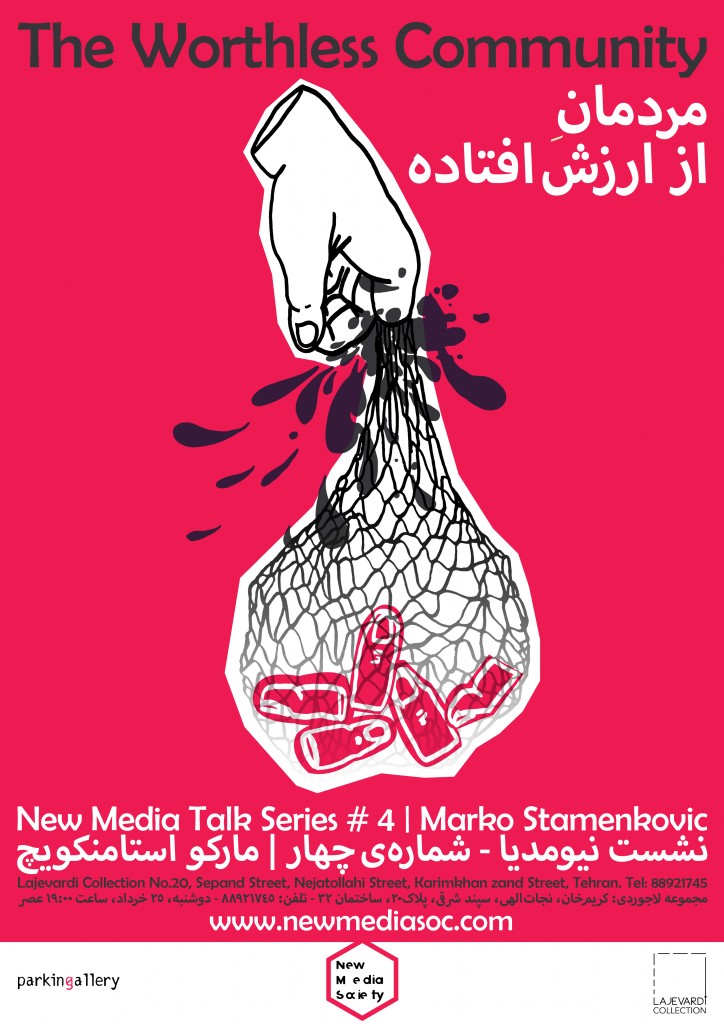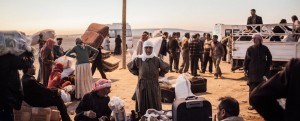
Lajevardi Collection – Tehran present
New Media Talk Serie # 4 | Marko Stamenkovic
THE WORTHLESS COMMUNITY
Global Necrocoloniality and Social Inclusion through Dying in Abandonment
There is no shortage of ugliness in the world.
If man closed his eyes to it, there would be even more.
But man is a problem solver.
— Forugh Farrokhzad (The House is Black, 1962)
What is a ‘worthless community’? If there is any social group that can be considered to have no real value or use, who are the worthless human subjects of the world and what kind of order confers this status upon them? Finally, what does it feel like for a human being to be deprived of values so to be treated as ‘life’s leftovers’? In his seminal study “Vita. Life in a Zone of Social Abandonment” (2001), anthropologist João Biehl addresses these questions while pointing out the intricacies of power and citizenship on the darker side of Latin American democracy in the 1990s. He deploys the concept of “abandonados” (the abandoned) to denote a particular community of the outcasts (drug addicts, alcoholics, homeless, mentally ill, and dying persons – “most of them without documents or without names”), all dumped in one place in the South of Brazil. For him, to continue living “unclaimed lives in terminal desolation” means only one thing: to be treated as a kind of subjectivity waiting with death – “when one has been killed but has yet to die, or when one has died but has yet to be killed” (Cazdyn 2012). Starting from Biehl’s paradigmatic case, this presentation exposes the forms of life reduced to the status of “living dead” (Mbembe 2003), “wasted bodies” (Biehl 2001), or “already dead” (Cazdyn, 2012). Hence, it examines ongoing processes of dehumanization of human beings whose social partitioning, marginalization or ‘animalization’ unfolds “the many ways in which cruelty is rationalized and sanctioned through law, religion, education, and economics” (Martínez Salazar, 2014). To do so means to argue against forced constructions of human worthlesness in order to set ground for some long lasting reflections about the coloniality of death-power, racism, and the underlying logic of exclusion – of the allegedly worthless people – through their dying in abandonement.
Marko Stamenkovic (1977) is an art historian born and raised in the south of Serbia. He holds a PhD in Philosophy from the University of Ghent in Belgium with the thesis entitled Suicide Cultures: Theories and Practices of Radical Withdrawal. His main areas of interest are globality, coloniality of necropower and decoloniality, most notably with regard to the issue of epistemic injustice. Over the last decade he has been working primarily in the field of contemporary visual arts as a curator, critic, and lecturer focused on the intersection of visual thinking with social theories, political philosophies, and cultural practices of the oppressed. His current research revolves around pan-African subjectivities and Black resistance and liberation movements.
Where:
Lajevardi Collection
No.20, Sepand Street, Nejatollahi Street,
Karimkhan zand Street, Tehran.
Tel: +9821 88921745
When:
Monday June 15, 2015 – 7:00 pm
